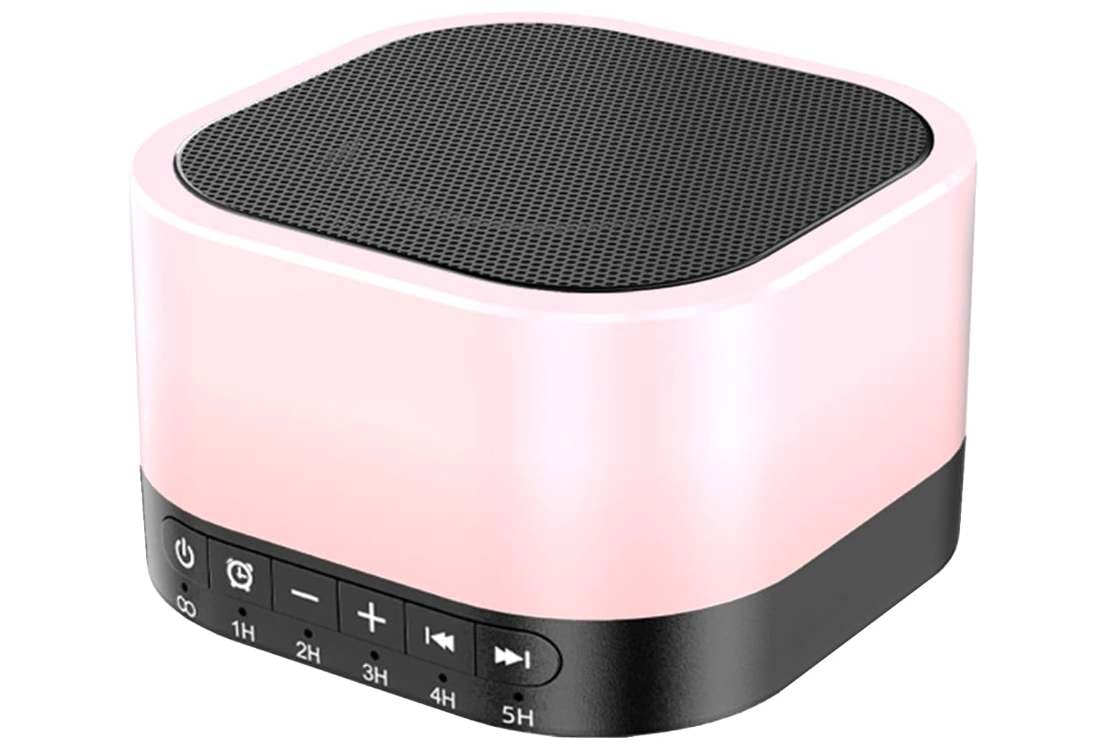Introduction:
A herniated disc can be a painful and debilitating condition, impacting various aspects of your life. While medical treatment is essential, your lifestyle habits also play a crucial role in managing herniated disc symptoms. In this article, we'll explore the connection between your daily habits and the discomfort caused by a herniated disc. By making informed lifestyle choices, you can alleviate pain and improve your overall quality of life.
Understanding Herniated Discs:
A herniated disc occurs when the soft, jelly-like center of a spinal disc pushes through a crack in the tougher exterior. This condition can result in pressure on nearby nerves, leading to symptoms such as pain, numbness, and weakness.
Lifestyle Factors That Affect Herniated Disc Symptoms:
1. Physical Activity:
- Beneficial: Regular, gentle exercise can help maintain flexibility and strengthen the muscles that support your spine.
- Harmful: High-impact or strenuous activities can worsen herniated disc symptoms. Avoid activities that involve heavy lifting or twisting motions.
2. Body Weight:

-
Beneficial: Maintaining a healthy weight can reduce the load on your spine, decreasing pressure on herniated discs.
-
Harmful: Excess body weight places added stress on the spine and can intensify pain.
3. Posture:

- Beneficial: Maintaining good posture can alleviate pressure on your spinal discs and reduce discomfort.
- Harmful: Slouching, sitting for extended periods, or poor ergonomics can worsen symptoms.
4. Smoking:

-
Beneficial: Quitting smoking can improve blood flow to the spine and enhance healing.
-
Harmful: Smoking restricts blood flow and can impede the body's ability to repair damaged discs.
5. Diet:

-
Beneficial: A balanced diet rich in nutrients supports overall health and can aid in the body's natural healing processes.
-
Harmful: A diet high in processed foods and inflammatory ingredients can exacerbate pain and inflammation.
Lifestyle Modifications to Alleviate Herniated Disc Symptoms:
-
Exercise Mindfully:
- Engage in low-impact activities such as swimming, walking, or gentle yoga to promote flexibility and strength.
- Consult a physical therapist or fitness expert for exercises tailored to your condition.
-
Maintain a Healthy Weight:
- If overweight, consult with a healthcare provider or nutritionist to develop a sustainable weight management plan.
-
Prioritize Good Posture:
- Invest in ergonomic furniture and practice proper body mechanics, especially when lifting heavy objects.
- Take regular breaks from sitting to stand, stretch, and walk around.
-
Quit Smoking:
- Seek support and resources to quit smoking if you're a smoker. This can significantly improve your overall health and herniated disc symptoms.
-
Nourish Your Body:
- Adopt an anti-inflammatory diet with plenty of fruits, vegetables, whole grains, and lean proteins.
- Stay hydrated to support spinal disc health.
Conclusion:
Herniated disc symptoms can be managed more effectively by making positive lifestyle choices. By incorporating regular exercise, maintaining a healthy weight, prioritizing good posture, quitting smoking, and nourishing your body with a balanced diet, you can alleviate pain, reduce inflammation, and support the healing process. Remember to consult with a healthcare provider for personalized advice and treatment options tailored to your specific condition. With the right lifestyle changes, you can regain comfort and enjoy a better quality of life despite a herniated disc.
Original Article










